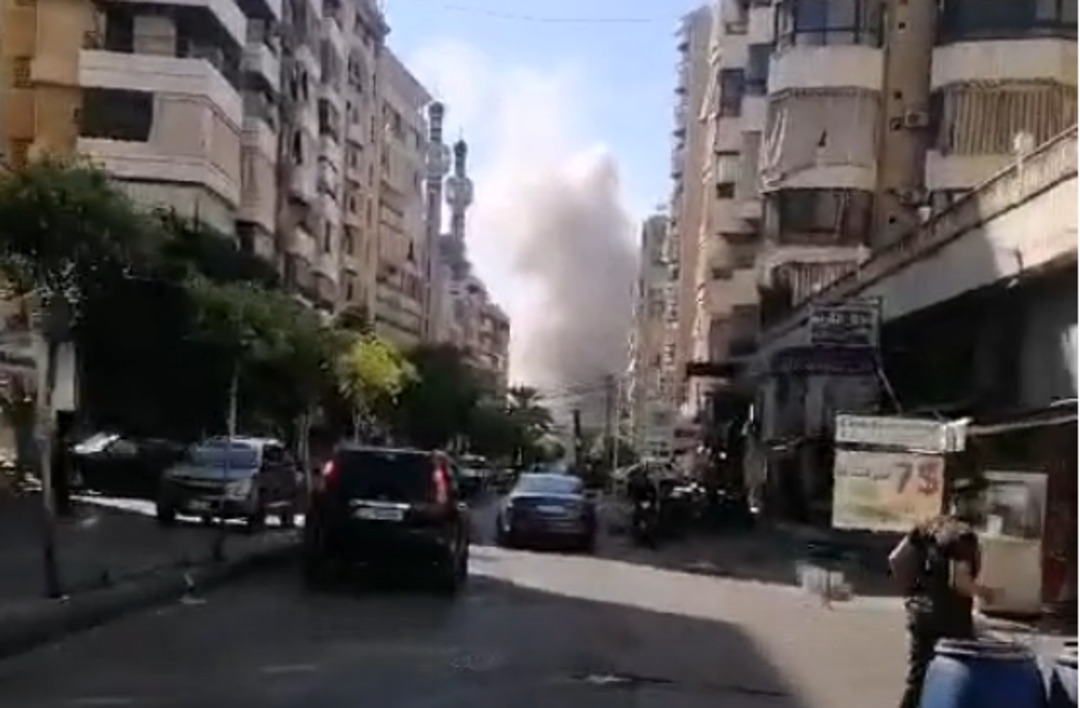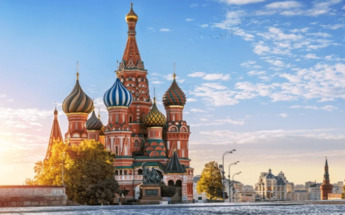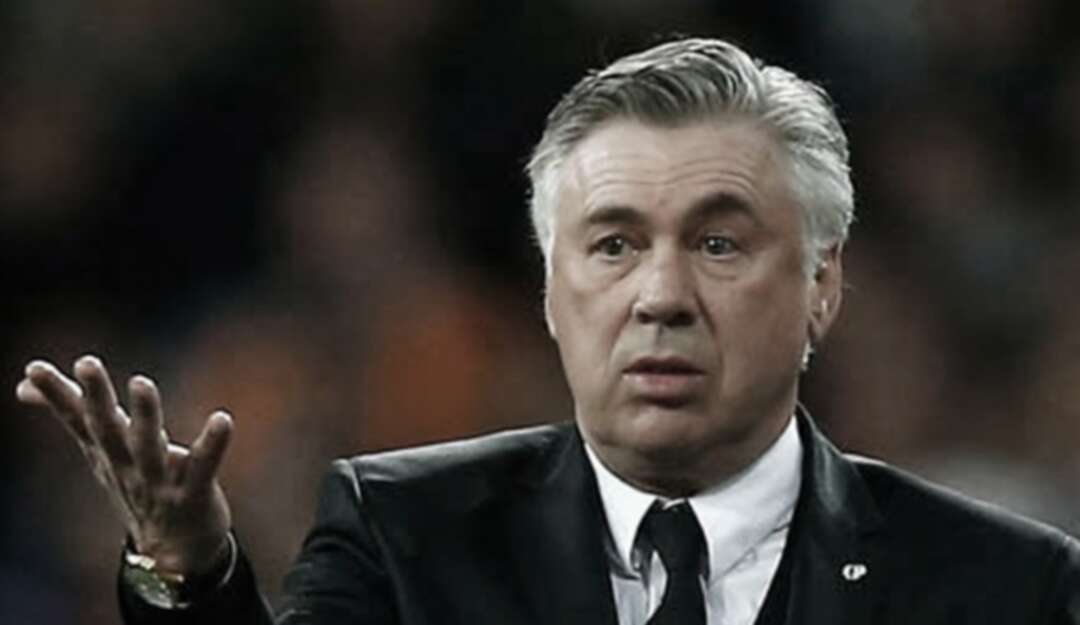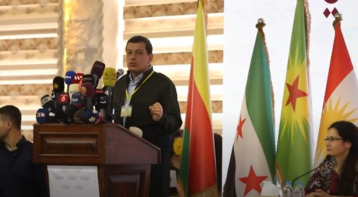-
Controversial Visit of Iranian Parliament Speaker to Lebanon.. Debate over Hezbollah Support
-
Iranian officials' statements highlight a clear contradiction between rhetoric supporting the Lebanese government and actual support for Hezbollah, deepening internal divisions in Lebanon and complica

In a development stirring debate about Iran's role in Lebanon, Iranian Parliament Speaker Mohammad Baqer Qalibaf renewed his country's support for Lebanon and Hezbollah during his visit to Beirut today, Saturday. Qalibaf said in brief statements after meeting Lebanese Parliament Speaker Nabih Berri that Iran "strongly supports all decisions of the Lebanese government and Hezbollah."
The Iranian official indicated that his country is ready to provide assistance to those displaced by Israeli raids, stipulating that it be transferred through a direct relief bridge between Tehran and Beirut under government supervision. Analysts view this proposal as a possible Iranian attempt to bypass international sanctions and enhance its direct influence in Lebanon.
During his visit, Qalibaf inspected the site of the Israeli raid in the Basta neighborhood of Beirut, which targeted Hezbollah's coordination and liaison official, Wafiq Safa. Standing in front of the rubble, he affirmed Iran's stand alongside the Lebanese, criticizing the silence of international organizations and the Security Council towards Israeli attacks.
This visit comes at a time when international efforts, especially American and French, continue to cease fire between Israel and Hezbollah. Despite the Lebanese government's confirmation of its support for a ceasefire and the implementation of UN Resolution 1701, Hezbollah's media official Mohammad Afif indicated the party's readiness for a potentially prolonged war.
Experts point out that these statements highlight a clear contradiction between Iranian rhetoric supporting the Lebanese government and actual support for Hezbollah, which may deepen internal divisions in Lebanon and complicate efforts for a political solution.
They also see Qalibaf's visit as reflecting an Iranian attempt to affirm its support for Hezbollah in light of international pressures and recent losses incurred by the party, including the assassination of its Secretary-General Hassan Nasrallah.
In light of these developments, the question remains about the impact of Iranian support on Lebanon's future and its regional and international relations, especially with the continuation of Israeli escalation that has led to the death of more than 1,200 civilians and the displacement of hundreds of thousands from Beirut's southern suburbs and the south of the country since September 23rd.
Levant-Agencies
You May Also Like
Popular Posts
Caricature
BENEFIT Sponsors BuildHer...
- April 23, 2025
BENEFIT, the Kingdom’s innovator and leading company in Fintech and electronic financial transactions service, has sponsored the BuildHer CityHack 2025 Hackathon, a two-day event spearheaded by the College of Engineering and Technology at the Royal University for Women (RUW).
Aimed at secondary school students, the event brought together a distinguished group of academic professionals and technology experts to mentor and inspire young participants.
More than 100 high school students from across the Kingdom of Bahrain took part in the hackathon, which featured an intensive programme of training workshops and hands-on sessions. These activities were tailored to enhance participants’ critical thinking, collaborative problem-solving, and team-building capabilities, while also encouraging the development of practical and sustainable solutions to contemporary challenges using modern technological tools.
BENEFIT’s Chief Executive Mr. Abdulwahed AlJanahi, commented: “Our support for this educational hackathon reflects our long-term strategic vision to nurture the talents of emerging national youth and empower the next generation of accomplished female leaders in technology. By fostering creativity and innovation, we aim to contribute meaningfully to Bahrain’s comprehensive development goals and align with the aspirations outlined in the Kingdom’s Vision 2030—an ambition in which BENEFIT plays a central role.”
Professor Riyadh Yousif Hamzah, President of the Royal University for Women, commented: “This initiative reflects our commitment to advancing women in STEM fields. We're cultivating a generation of creative, solution-driven female leaders who will drive national development. Our partnership with BENEFIT exemplifies the powerful synergy between academia and private sector in supporting educational innovation.”
Hanan Abdulla Hasan, Senior Manager, PR & Communication at BENEFIT, said: “We are honoured to collaborate with RUW in supporting this remarkable technology-focused event. It highlights our commitment to social responsibility, and our ongoing efforts to enhance the digital and innovation capabilities of young Bahraini women and foster their ability to harness technological tools in the service of a smarter, more sustainable future.”
For his part, Dr. Humam ElAgha, Acting Dean of the College of Engineering and Technology at the University, said: “BuildHer CityHack 2025 embodies our hands-on approach to education. By tackling real-world problems through creative thinking and sustainable solutions, we're preparing women to thrive in the knowledge economy – a cornerstone of the University's vision.”
opinion
Report
ads
Newsletter
Subscribe to our mailing list to get the new updates!






















